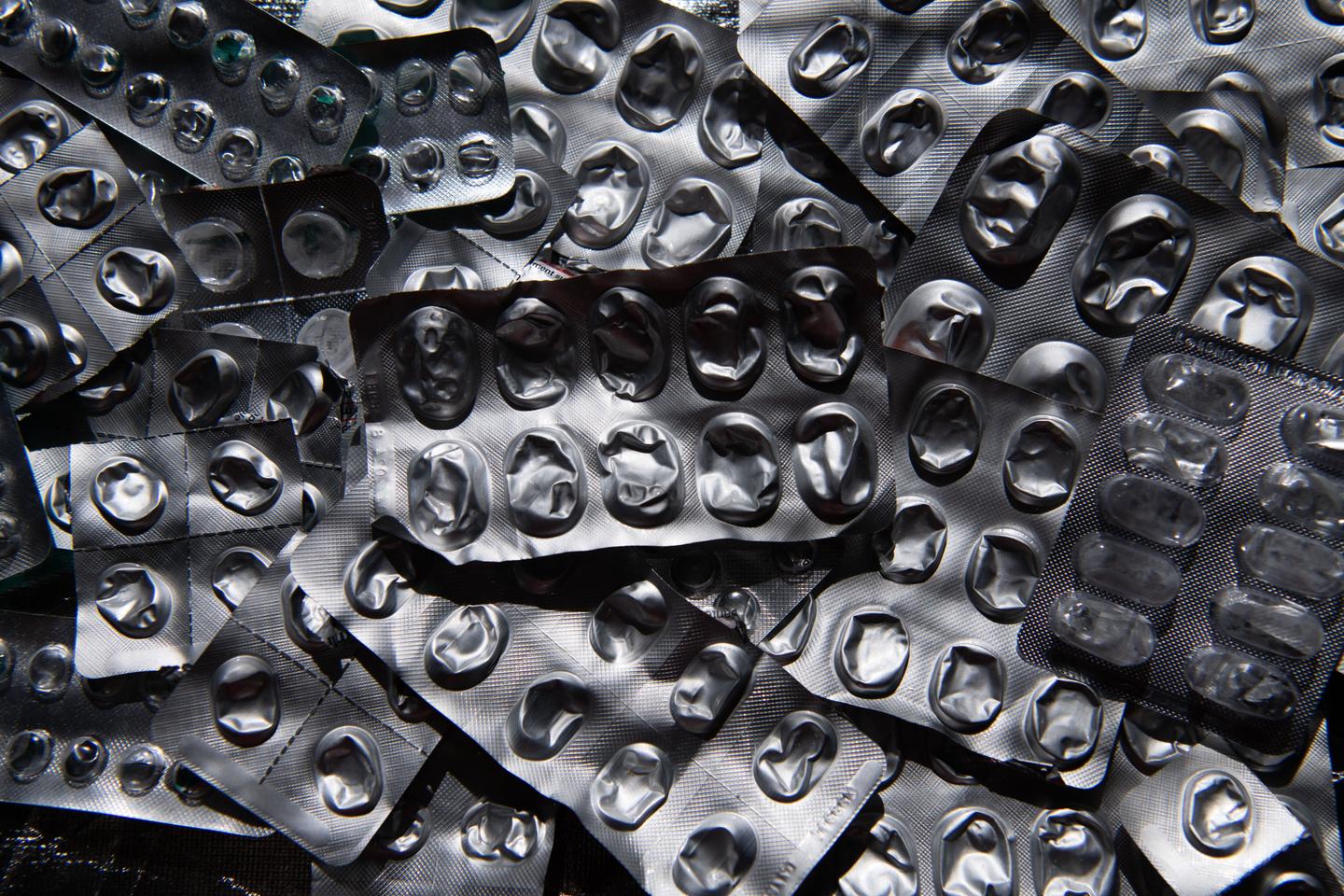


A trial in France has drawn new attention to the notion of "chemical submission" as it applies to sex crime cases. The main defendant, Dominique Pelicot, has been accused of administering anti-anxiety medication to his wife, Gisèle Pelicot, drugs which had been prescribed by her doctor, in order to rape her and enable her to be raped by other men – 51 of whom are being tried.
While the use of drugs to perpetrate a crime or misdemeanor against another person is not a new practice, the French concept of "chemical submission," especially in the context of sexual violence, is more recent. It falls into the category of Drug Facilitated Crimes (DFC), which have been defined at an international level for forensic science and medicine.
In April, a French government mission was initiated to better identify and curb the phenomenon, following the revelation of the mass rapes on Gisèle Pelicot as well as the case of former MP Sandrine Josso (MoDem, centrist), who accused Senator Joël Guerriau (Horizons, center-right) of having drugged her with ecstasy. The senator was charged in November 2023 with "administering a substance in order to commit rape or sexual assault." The government mission, however, is at a standstill, pending the appointment of a new government.
What do "submission" and "vulnerability" mean?
The term "chemical submission" is first and foremost a scientific term, used to describe the act of drugging a person, whether without their knowledge of the act or by threatening them, for criminal purposes. "It's a modus operandi used by people committing sexual violence, but not only. We also come across cases of children or the elderly being 'chemically beaten,' in other words, drugged in order to avoid having to look after them, or to get money out of them," explained Leila Chaouachi, pharmaceutical doctor and head of a national study on chemical submission, a survey that has been carried out by the National Agency for Medicine Safety (ANSM) every year since 2003, in order to monitor the misuse of medication.
The ANSM draws a distinction between "chemical submission" and "chemical vulnerability" – which refers to taking advantage of the fragile state of a person who has freely consumed substances, in order to assault them. "In both cases, the victim is never responsible for the assault on them," said the expert.
Under French law, chemical submission falls under crimes defined as "the voluntary administration of a harmful substance damaging the physical or psychological integrity of another," and is punishable under article 222-15 of the penal code, which was amended by law on March 5, 2007. The August 3, 2018 law to "reinforce the fight against sexual and gender-based violence" further specifies that the use of drugs in a sexual assault constitutes an aggravating circumstance.
You have 64.21% of this article left to read. The rest is for subscribers only.
